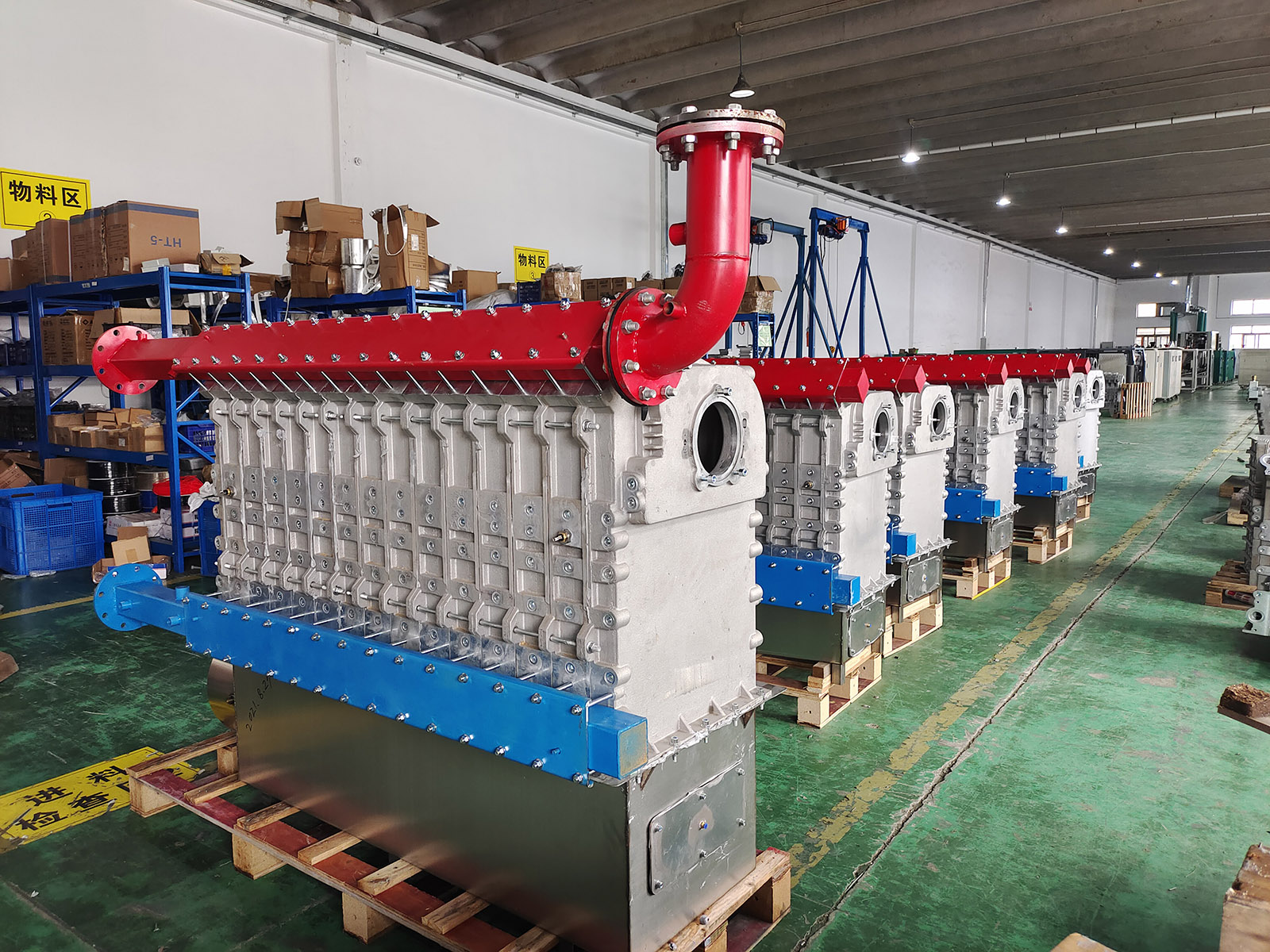- Afrikaans
- Albanian
- Amharic
- Arabic
- Armenian
- Azerbaijani
- Basque
- Belarusian
- Bengali
- Bosnian
- Bulgarian
- Catalan
- Cebuano
- China
- China (Taiwan)
- Corsican
- Croatian
- Czech
- Danish
- Dutch
- English
- Esperanto
- Estonian
- Finnish
- French
- Frisian
- Galician
- Georgian
- German
- Greek
- Gujarati
- Haitian Creole
- hausa
- hawaiian
- Hebrew
- Hindi
- Miao
- Hungarian
- Icelandic
- igbo
- Indonesian
- irish
- Italian
- Japanese
- Javanese
- Kannada
- kazakh
- Khmer
- Rwandese
- Korean
- Kurdish
- Kyrgyz
- Lao
- Latin
- Latvian
- Lithuanian
- Luxembourgish
- Macedonian
- Malgashi
- Malay
- Malayalam
- Maltese
- Maori
- Marathi
- Mongolian
- Myanmar
- Nepali
- Norwegian
- Norwegian
- Occitan
- Pashto
- Persian
- Polish
- Portuguese
- Punjabi
- Romanian
- Russian
- Samoan
- Scottish Gaelic
- Serbian
- Sesotho
- Shona
- Sindhi
- Sinhala
- Slovak
- Slovenian
- Somali
- Spanish
- Sundanese
- Swahili
- Swedish
- Tagalog
- Tajik
- Tamil
- Tatar
- Telugu
- Thai
- Turkish
- Turkmen
- Ukrainian
- Urdu
- Uighur
- Uzbek
- Vietnamese
- Welsh
- Bantu
- Yiddish
- Yoruba
- Zulu
Jul . 26, 2024 02:18 Back to list
Exploring Leading Manufacturers of Cast Iron Pipe and Their Innovative Casting Techniques Worldwide
The Importance of Cast Iron Pipe Casting Factories
Cast iron pipes have been a cornerstone of modern infrastructure since the 19th century. Known for their durability, strength, and resistance to corrosion, cast iron pipes are widely used in water distribution, sewage systems, and various industrial applications. The factories that specialize in the casting of these pipes play a crucial role in ensuring the consistent supply of high-quality materials necessary for these essential services.
Manufacturing Process
Cast iron pipe casting primarily involves several key processes melting, molding, pouring, and finishing. The production typically begins with the selection of raw materials, which include pig iron, scrap iron, and alloys to enhance certain properties. After the materials are selected, they are melted in a furnace at high temperatures, often exceeding 1400 degrees Celsius.
Once the metal reaches the desired temperature, it is poured into molds that shape the pipes. These molds can be made of sand or metal and are designed to withstand extreme heat. After pouring, the molten iron cools and solidifies to form the pipe, which is then removed from the mold.
The next step is finishing, where the pipes undergo various treatments to improve their surface quality and durability. This can include processes such as sandblasting, coating with protective paints, and sometimes the application of a layer of cement lining. Each of these steps is essential to ensure that the pipes meet the rigorous standards required for public health and safety.
Benefits of Cast Iron Pipes
cast iron pipe casting factories

Cast iron pipes have numerous advantages, making them a preferred choice for many applications. One of the primary benefits is their ability to withstand high pressures, making them suitable for municipal water systems that require robust infrastructure to transport water over long distances. Their resistance to corrosion extends their lifespan significantly, often exceeding 100 years with proper maintenance.
Moreover, cast iron pipes provide excellent sound insulation. This is particularly advantageous in urban areas where noise pollution is a concern. The dense material of cast iron minimizes the noise generated by the flowing liquids within the pipes, leading to quieter environments.
Economic Impact
The presence of cast iron pipe casting factories also significantly impacts local and national economies. These factories provide employment opportunities to numerous skilled workers, from metallurgists to machine operators. They also contribute to the economy by fostering related industries, including transportation, logistics, and maintenance services.
Moreover, as cities and towns continue to grow, the demand for reliable infrastructure increases. This demand creates a steady market for cast iron pipes, encouraging innovations in casting techniques and materials. Factories that adapt to these changes can thrive by meeting the evolving needs of the construction and utility industries.
Conclusion
In conclusion, cast iron pipe casting factories are vital to our daily lives and the overall infrastructure. They not only supply a crucial component for water and sewage systems but also contribute significantly to economic stability and job creation. As we face increasing challenges related to urbanization and climate change, these factories will continue to be essential in providing the durable and efficient materials necessary for sustainable development. Investing in modern technologies and practices within these factories will ensure that cast iron pipes remain a reliable resource for generations to come.
-
Premium Cast Iron Water Main Pipe: Durable, Corrosion-Resistant
NewsAug.03,2025
-
Durable Cast Iron Water Mains | AI-Optimized Systems
NewsAug.02,2025
-
High-Efficiency Propane Boiler for Baseboard Heat | Save Energy
NewsAug.01,2025
-
Premium Source Suppliers for Various Gray Iron Castings
NewsJul.31,2025
-
Durable Cast Iron Water Main Pipes | Long-Lasting
NewsJul.31,2025
-
High-Quality Cast Iron Water Main Pipe for Durable Infrastructure
NewsJul.30,2025


